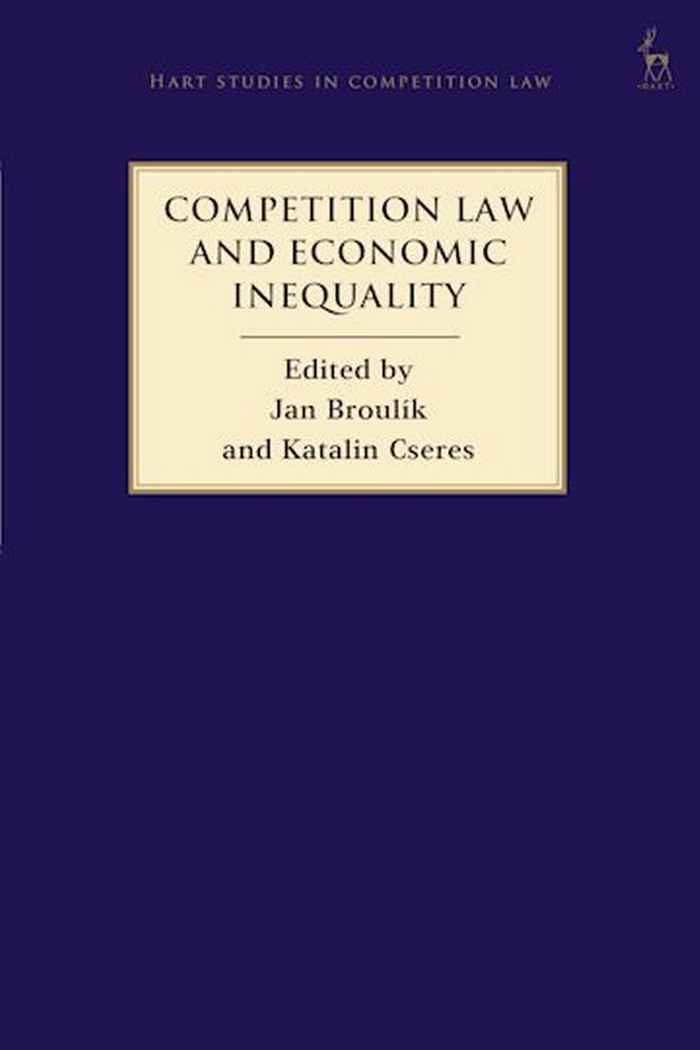Competition Law and Economic Inequality
Book launch
7 December 2022

The gap between the rich and poor is widening across the globe. This book explores whether this major societal challenge of our time can be addressed by the means of competition law.
The primary goal of today's competition law is to ensure that market power does not lead to an inefficient production of goods and services. Nevertheless, even such efficiency-oriented curbing of market power may arguably contribute to the reduction of differences in how much people own and earn. Furthermore, many competition law regimes do take into account distributive considerations too.
The book contains contributions by Elias Deutscher, Juliane Mendelsohn, Amit Zac, Christopher Decker, Carola Casti, Ariel Ezrachi, Eleanor Fox, Philipp Baschenhof, Konstantinos Sidiropoulos, Firoz Cachalia, Alex Beyleveld, Barbara Dufková, Mitja Kovac, Elisabeth Wielinger, Mary Guy and Pascal McDougall. Their chapters investigate the relationship between competition law and economic (in)equality from philosophical, historical, and economic perspectives. Their inquiries concern the conceptual foundations of competition law and doctrinal frameworks of individual jurisdictions, as well as specific problems and markets. As such, the book provides a novel and comprehensive overview of whether and how competition law can contribute to more equality in both developed and developing countries.